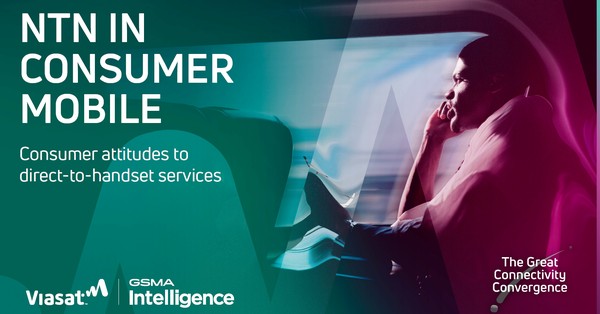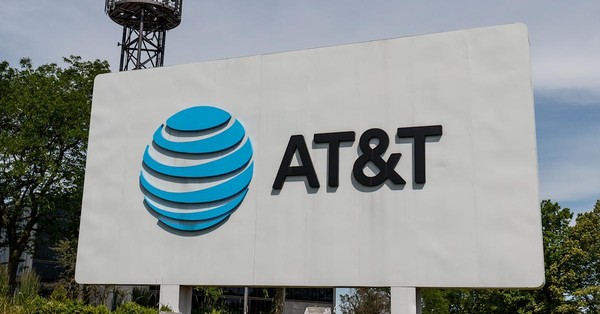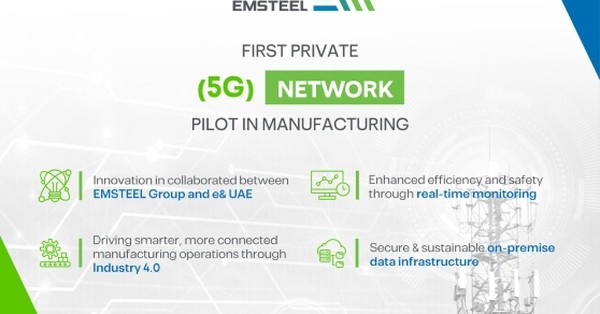London, 2 August 2023: The low latency and high bandwidth communications provided by OneWeb’s recently completed global LEO satellite network are set to transform a plethora of activities at sea, from enabling the maritime Internet of Things, remote work, implementation of advance security on yachts to true streaming of entertainment content.
One of the greatest demand for this new technology is coming from the superyacht sector, where owners, guests and engineers alike are keen to trial OneWeb’s solution, enabling low latency 100mbps+ enterprise-grade communications around the world. This call has become louder still thanks to the recent announcement of Kymeta’s compact, low-power Peregrine u8 LEO terminal, which pairs seamlessly with OneWeb’s LEO network, utilizing a stylish, low profile flat panel antenna.
Purpose-built for maritime applications, the Peregrine u8 system uses an electronically steered antenna and does not suffer from the below deck hardware and high-power demands of other maritime antennas.
Kymeta’s Peregrine u8 LEO terminal also offers rapid installation, usually on the vessel’s existing VSAT antenna mount with no requirement to dry dock the yacht. The average superyacht installation of terminal and antenna takes less than half a day, without specialist equipment. This kind of flexibility and usability makes the technology ideal for the superyacht industry, where vessels are often located in destinations without resources and the manpower for major installation work.
OneWeb’s commitment to customer satisfaction is evident through its Service Level Agreement (SLA) model, which offers customers a choice of flexible options underpinned by service levels, defined by straightforward CIR (Committed Information Rate) and MIR (Maximum Information Rate) packages.
In addition, OneWeb provides a fully encrypted network with a layered security approach to ensure complete privacy, while multiple service profiles can segregate crew and operational traffic on the same terminal.
To address the strong demand within the superyacht sector and allow prospective customers to experience the power of LEO without significant upfront investment, OneWeb will be launching its maritime “try before you buy” service with the Kymeta Peregrine in September 2023. This service will enable interested parties to explore the potential of OneWeb’s LEO network.
Carole Plessy, VP Europe and Maritime at OneWeb said: “There has been a very strong demand from the superyacht community to trial OneWeb’s LEO network, especially with the new Kymeta flat panel antenna system. Alongside a ubiquitous connectivity experience at sea, other important considerations for superyacht owners include privacy, security, navigation, real-time maintenance, and regulatory compliance, which all require high speed and low latency connectivity. OneWeb’s LEO connectivity now means that online gaming platforms, accessing the Cloud, streaming films, and never missing an important sports event can be added to the work and entertainment options on board.”
With more than 630 satellites now in orbit, OneWeb is not a standalone technology. The company has worked hand-in-hand with industry partners, such as Kymeta, who have years of experience in developing, deploying and servicing certified, scalable and responsible connectivity solutions to the maritime industry.
The eagerly awaited Kymeta Peregrine u8 LEO terminal is now in full scale production and available to order now.
Source: One Web Press releases Read More








































